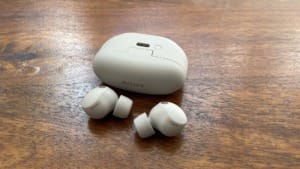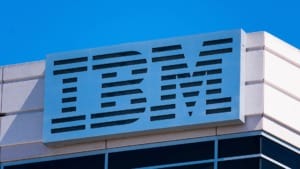Huawei unveils a new NAS solution to tackle GenAI’s biggest data challenges
Huawei's OceanStor A800, unveiled at IDI 2024, tackles GenAI's data storage challenges with high speed and sustainability.

The sheer volume of data and files that need managing can seem overwhelming. Huawei’s answer to this burgeoning issue is its high-performance OceanStor A800 network storage attached (NAS) device, which was first unveiled in 2023. This week, it made its European debut at Huawei’s Innovative Data Infrastructure (IDI) Forum 2024 in Berlin, signalling a significant step in the evolution of AI data storage.
Huawei’s focus with the OceanStor A800, like its Dorado and Pacific NAS devices, remains firmly on AI data storage. The company describes this as entering a “new data paradigm” and an “accelerated data awakening.” For businesses involved in generative AI, this means building and processing training models from scratch, maintaining data sovereignty, and ensuring system reliability—all of which require a substantial amount of storage space and speed.
Speed, space, and sustainability
The OceanStor A800 is tailored for a niche enterprise market and isn’t designed for everyday storage needs. However, its capabilities are impressive: it can achieve 24 million IOPS per controller enclosure and supports bandwidth in petabytes per second and 100 million IOPS. Its data reliability is also notable, at 99.9999%.
During IDI 2024, Huawei announced that the A800 could boost AI cluster utilisation by 30%, providing bandwidth and IOPS that are four and eight times better, respectively, than those offered by its competitors. The device supports scaling out to exabyte-level capacity with up to 512 controllers and can scale up to a maximum of 4,096 computing cards.
Beyond the headline figures, Huawei is addressing the demand for more sustainable data storage solutions. The A800 is efficient, using only 0.7 watts per terabyte and offering a storage density of 1 petabyte per unit. This focus on sustainability is critical as energy use becomes a more pressing issue in the management of AI data.
A glimpse into future innovations
The OceanStor A800 wasn’t the only storage solution showcased at IDI. Huawei also revealed plans for a sleek 128TB SSD set to be released next year. This internal drive is expected to consume 88% less storage space and 92% less energy than similar SSDs offered by competitors per petabyte of data stored. As digital content creation, gaming, and office digitalization continue to grow, this kind of efficient storage solution could soon make its way into the consumer and small-business markets.
Huawei’s latest innovations in NAS and SSD technology demonstrate its commitment to tackling the challenges presented by generative AI and its vast data requirements. By focusing on performance, scalability, and sustainability, Huawei aims to meet the needs of large enterprises and, possibly, in the near future, smaller businesses and individual consumers.
















